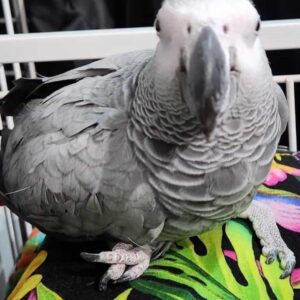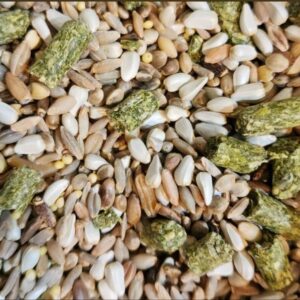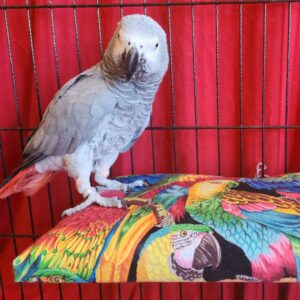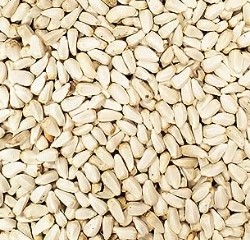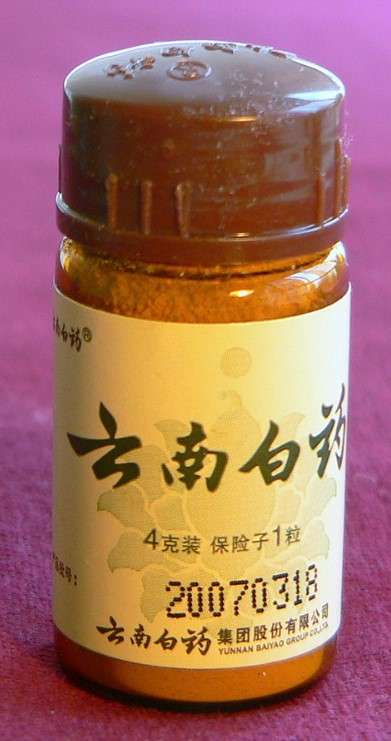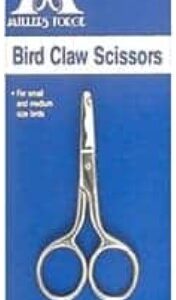Yunnan Baiyao to stop bleeding in birds. When doing any grooming it is always good to have a blood stop on hand and ready. Being a bird groomer I have it out always while grooming, If I need to use a blood stop. I will choose this over that major commercial brands as they are toxic.
Yunnan Baiyao is a traditional Chinese herbal formula that is most famous for pain relief and wound healing. It can be used both internally and externally to relieve pain, stop excessive bleeding, and manage certain health conditions in both humans and animals. Yunnan Baiyao (also known as Yunnan Paiyao) is a Chinese herbal mixture consisting primarily of notoginseng that has become a popular product among veterinary clients, particularly those caring for animals.
Yunnan Baiyao
Yunnan Baiyao (also known as Yunnan Paiyao) is a Chinese herbal mixture consisting primarily of notoginseng that has become a popular product among veterinary clients, particularly those caring for animals.
Warning “One little red pill” comes in each bottle is for hemorrhaging. I would not give to a bird it is for humans. I did not want to break the seals to take it out, so you can just throw it out or hold on to it in case of emergencies.
Westerners first learned of the Chinese herbal mixture “Yunnan Baiyao,” meaning “the white medicine of Yunnan,” during the Vietnam War. Members of the U.S. military discovered that prisoners from North Vietnam often carried with them a tiny bottle of this product to take in the event that they were injured and bleeding, either internally or externally.
The little red pill lies at one end. Folklore has it that the North Vietnamese soldiers would take this red “hit pill” when seriously wounded, as in receiving a gunshot wound, and this would check the bleeding.

